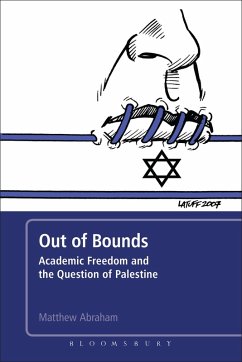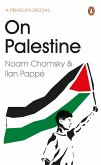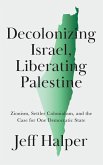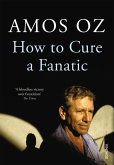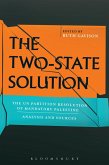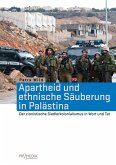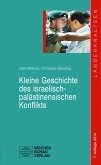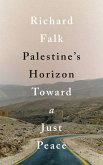Academic freedom is a key element of the academic enterprise in the U.S. However, it does not seem to exist when scholars seek to advocate on behalf of Palestinian self-determination.
This unique work examines how the knowledge-power nexus is shaping the discourse around the Israel-Palestine conflict and restricting academic freedom. Beginning with a discussion of American Zionism, the work proceeds to explain why scholars working on the question of Palestine are often denied standard academic freedom. This is supported by prominent cases, such as Norman G. Finkelstein's denial of tenure, the Middle East Studies Department at Columbia University, and Mearsheimer and Walt's book, The Israel Lobby. The work of Edward Said and Noam Chomsky are also discussed and the book concludes with recommendations for protecting intellectual freedom to those seeking to critically pursue the question of Palestine.
This scholarly study will appeal to a broad audience of faculty, students, and readers who seek to understand the importance of academic freedom and the thorny debates surrounding the Israel-Palestine conflict.
This unique work examines how the knowledge-power nexus is shaping the discourse around the Israel-Palestine conflict and restricting academic freedom. Beginning with a discussion of American Zionism, the work proceeds to explain why scholars working on the question of Palestine are often denied standard academic freedom. This is supported by prominent cases, such as Norman G. Finkelstein's denial of tenure, the Middle East Studies Department at Columbia University, and Mearsheimer and Walt's book, The Israel Lobby. The work of Edward Said and Noam Chomsky are also discussed and the book concludes with recommendations for protecting intellectual freedom to those seeking to critically pursue the question of Palestine.
This scholarly study will appeal to a broad audience of faculty, students, and readers who seek to understand the importance of academic freedom and the thorny debates surrounding the Israel-Palestine conflict.

